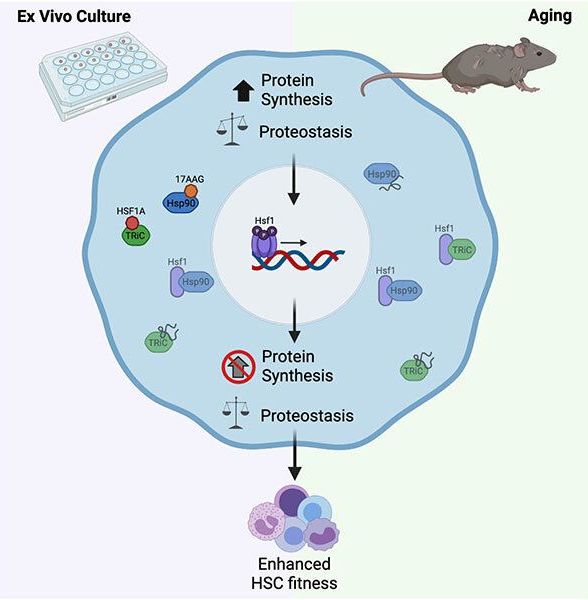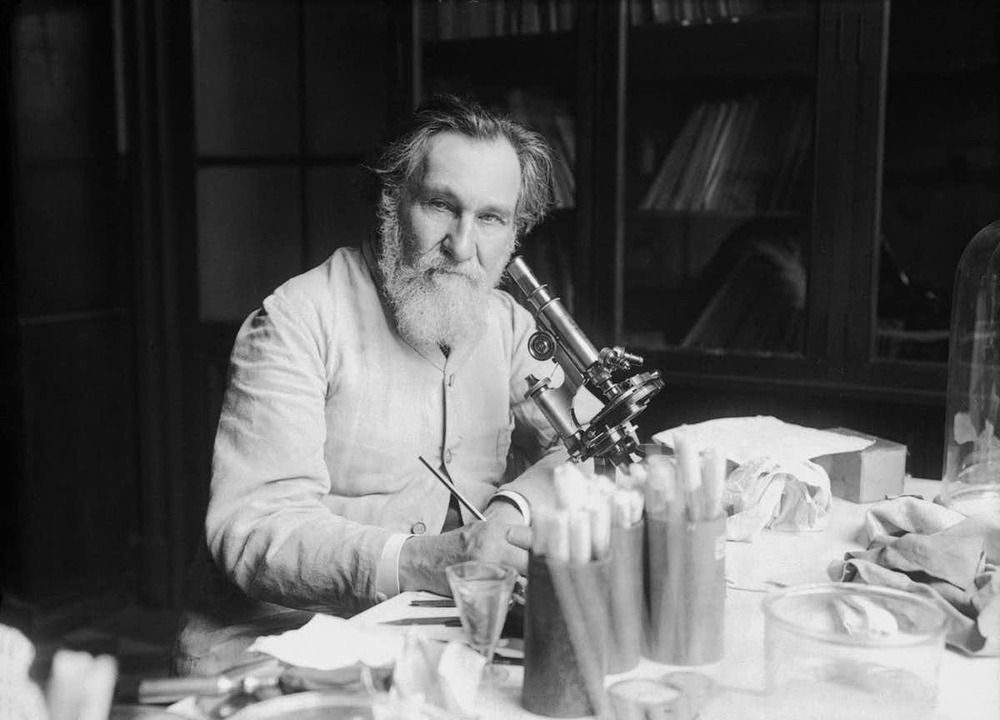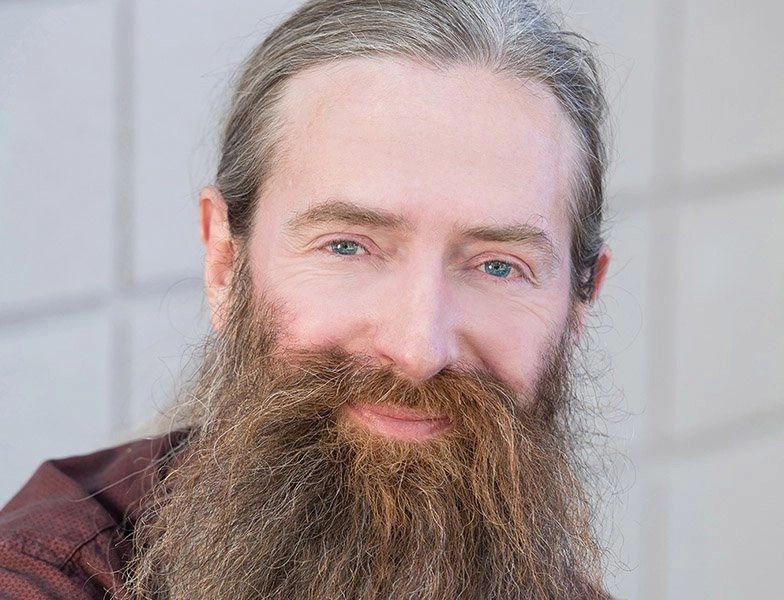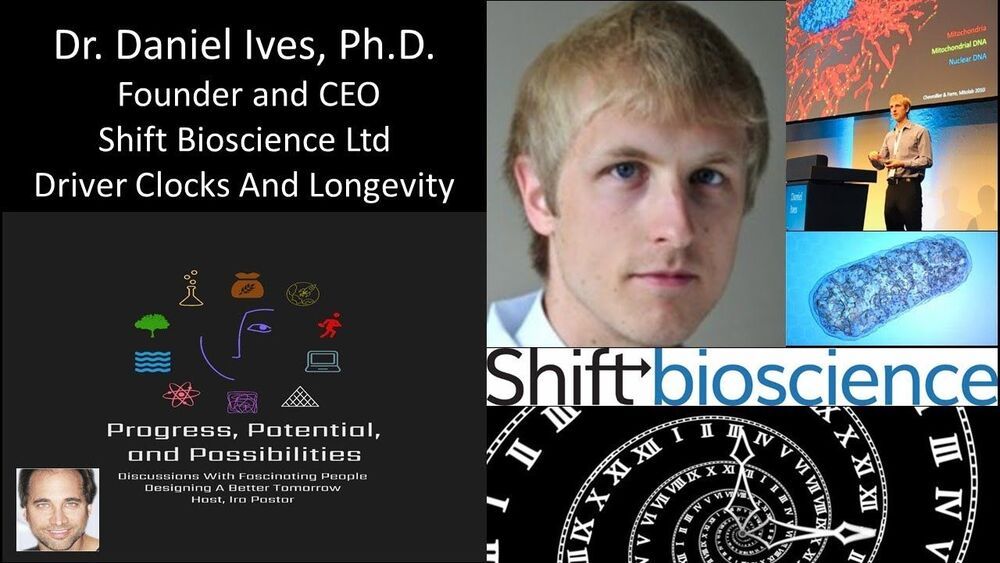Since 1,988 and formation of the Posthuman Movement, and articles by early adopters like Max Moore were a sign our message was being received — although I always argued on various Extropian & Transhuman bulletin boards & Yahoo groups &c that “Trans” was a redundant middle and we should move straight to Posthuman, now armed with the new MVT knowledge (also figures on the CDR). There will be a new edition of World Philosophy, the first this millennium, to coincided with various Posthuman University events later this year. Here is the text:
THE EXTROPIAN PRINCIPLES V. 2.01 August 7 1992.
Max More Executive Director, Extropy Institute.
1. BOUNDLESS EXPANSION — Seeking more intelligence, wisdom, and.
personal power, an unlimited lifespan, and removal of natural, social.
biological, and psychological limits to self-actualization and self-realization. Overcoming limits on our personal and social.
progress and possibilities. Expansion into the universe and infinite existence.
2. SELF-TRANSFORMATION — A commitment to continual moral.
intellectual, and physical self-improvement, using reason and critical.
thinking, personal responsibility, and experimentation. Biological and.
neurological augmentation.
3. INTELLIGENT TECHNOLOGY — Applying science and technology to.
transcend “natural” limits imposed by our biological heritage and environment.
4. SPONTANEOUS ORDER — Promotion of decentralized, voluntaristic.
social coordination mechanisms. Fostering of tolerance, diversity.
long-term planning, individual incentives and personal liberties.
5. DYNAMIC OPTIMISM — Positive expectations to fuel dynamic action.
Promotion of a positive, empowering attitude towards our individual.
future and that of all intelligent beings. Rejection both of blind.
faith and stagnant pessimism.
These principles are further explicated below. In depth treatments can.
be found in various issues of EXTROPY: The Journal of Transhumanist.
Thought. (Spontaneous Order in #7, Dynamic Optimism in #8, and.
Self-Transformation in the forthcoming #10.)
1. BOUNDLESS EXPANSION
Beginning as mindless matter, parts of nature developed in a.
slow evolutionary advance which produced progressively more powerful brains. Chemical reactions generated tropistic behavior, which was.
superseded by instinctual and Skinnerian stimulus-response behavior.
and then by conscious learning and experimentation. With the advent of.
the conceptual consciousness of humankind, the rate of advancement.
sharply accelerated as intelligence, technology, and the scientific.
method could be applied to our condition. Extropians seek the.
continuation and fostering of this process, transcending biological.
and psychological limits as we proceed into posthumanity.
In aspiring to transhumanity, and beyond to posthumanity, we.
reject natural and traditional limitations on our possibilities. We.
champion the rational use of science and technology to void limits on.
lifespan, intelligence, personal power, freedom, and experience. We.
are immortalists because we recognize the absurdity of accepting.
“natural” limits to our lives. For many the future will bring an.
exodus from Earth — the womb of human and transhuman intelligence
expanding the frontiers of humanity (and posthumanity) to include.
space habitats, other planets and this solar system, neighboring.
systems, and beyond. By the end of the 21st Century, more people may.
be living off-planet than on Earth.
Resource limits are not immutable. The market price system.
encourages conservation, substitution and innovation, preventing any.
need for a brake on growth and progress. Expansion into space will.
vastly expand the energy and resources for our civilization. Living.
extended transhuman lifespans will foster intelligent use of resource.
and environment. Extropians affirm a rational, market-mediated.
environmentalism aimed at maintaining and enhancing our biospheres.
(whether terrestrial or extra-terrestrial). We oppose apocalyptic.
environmentalism, which hallucinates catastrophes, issues a stream of.
doomsday predictions, and attempts to strangle our continued.
evolution.
No mysteries are sacrosanct, no limits unquestionable; the.
unknown must yield to the intelligent mind. We seek to understand and.
to master reality up to and beyond any currently foreseen limits.
2. SELF-TRANSFORMATION
We affirm reason, critical inquiry, intellectual independence.
and intellectual honesty. We reject blind faith and passive.
comfortable thinking that leads to dogmatism, religion, and conformity. A commitment to positive self-transformation requires us.
to critically analyze our current beliefs, behaviors, and strategies.
Extropians therefore choose to place their self-value in continued.
development rather than “being right”. We prefer analytical thought to.
fuzzy but comfortable delusion, empiricism to mysticism, and.
independent evaluation to conformity. Extropians affirm a philosophy.
of life but distance themselves from religious thinking because of its.
blind faith, debasement of human dignity, and systematized.
irrationality.
Perpetual self-improvement — physical, intellectual.
psychological, and ethical — requires us to continually re-examine our lives. Extropians seek to better themselves, yet without denying their.
current worth. The desire to improve should not be confused with the.
belief that one is lacking in current value. But valuing oneself in.
the present cannot mean self-satisfaction, since an intelligent and.
probing mind can can always envisage a superior self in the future.
Extropians are committed to expanding wisdom, fine-tuning.
understanding of rational behavior, and enhancing physical and.
intellectual capacities.
Extropians are neophiles and experimentalists. We are.
neophiles because we track the latest research for more efficient.
means of achieving our goals. We are experimentalists because we are.
willing to explore and test the novel means of self-transformation.
that we uncover. In our quest for advancement to the tranhuman stage.
we rely on our own judgement, seek our own path, and reject both blind.
conformity and mindless rebellion. Extropians frequently diverge from.
the mainstream because they do not allow themselves to be chained by.
dogmas, whether religious, political, or social. Extropians choose.
their values and behavior reflectively, standing firm when required.
but responding flexibly to novel conditions.
Personal responsibility and self-determination goes.
hand-in-hand with neophilic self-experimentation. Extropians take.
responsibility for the consequences of our choices, refusing to blame.
others for the risks involved in our free choices. Experimentation and.
self-transformation require risks; Extropians wish to be free to.
evaluate the risks and potential benefits for ourselves, applying our.
own judgment and wisdom, and assuming responsibility for the outcome.
We neither wish others to force standards upon us through legal.
regulation, nor do we wish to force others to follow our path.
Personal-responsibility and self-determination are incompatible with.
authoritarian centralized control, which stifles the free choices and.
spontaneous ordering of autonomous persons.
External coercion, whether for the purported “good of the.
whole” or the paternalistic protection of the individual, is.
unacceptable to us. Compulsion breeds ignorance and weakens the.
connection between personal choice and personal outcome, thereby.
destroying personal responsibility. The proliferation of outrageous.
liability lawsuits, governmental safety regulations, and the.
rights-destroying drug war result from ignoring these facts of life.
Extropians are rational individualists, living by their own judgment.
making critical, informed, and free choices, and accepting.
responsibility for those choices.
As neophiles, Extropians study advanced, emerging, and future.
technologies for their self-transformative potential in enhancing our.
abilities and freedom. We support biomedical research with the goal of.
understanding and controlling the aging process. We are interested in.
any plausible means of conquering death, including interim measures.
like biostasis/cryonics, and long-term possibilities such as migration.
out of biological bodies into superior vehicles (“uploading”).
We practice and plan for biological and neurological.
augmentation through means such as effective cognitive enhancers or.
“smart drugs\.









